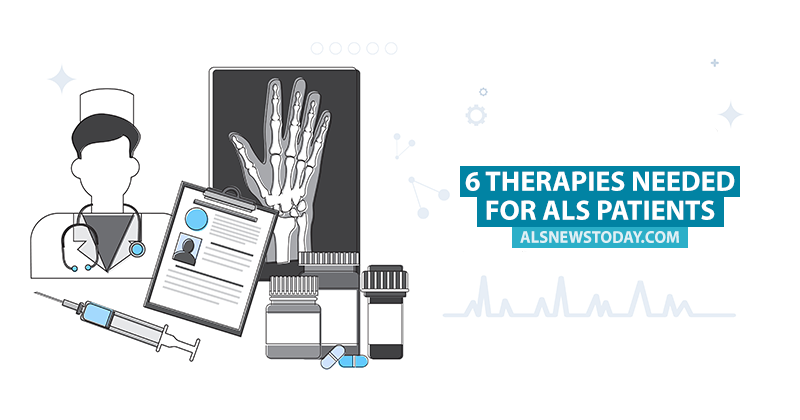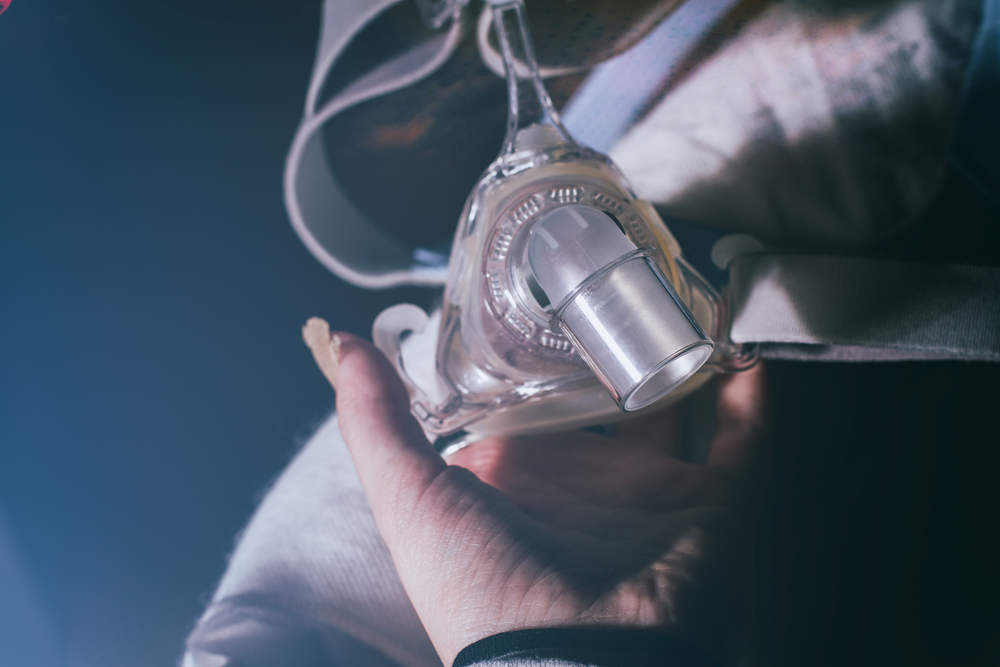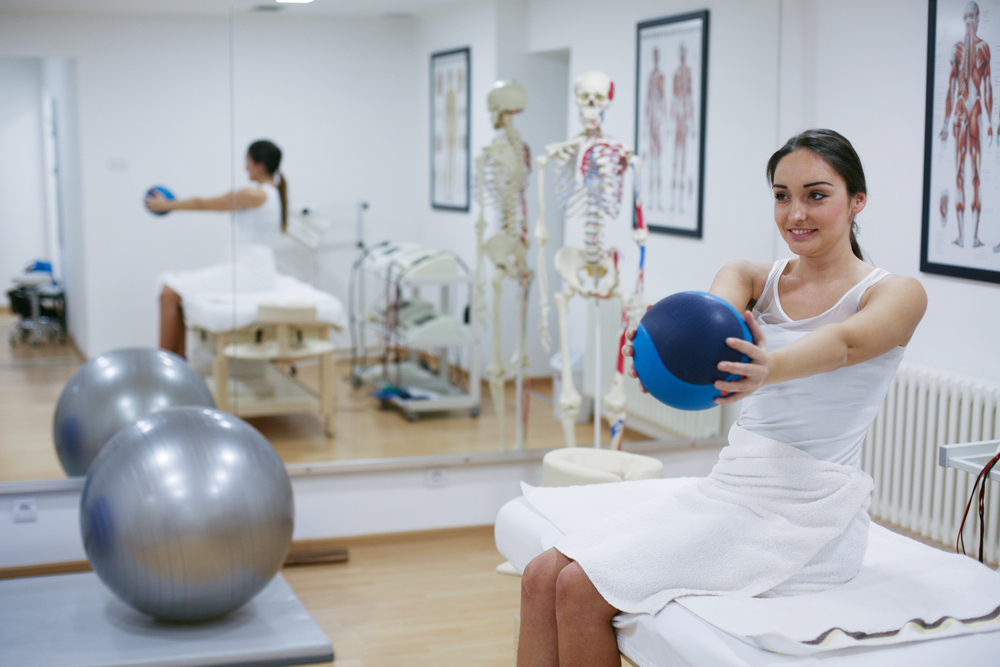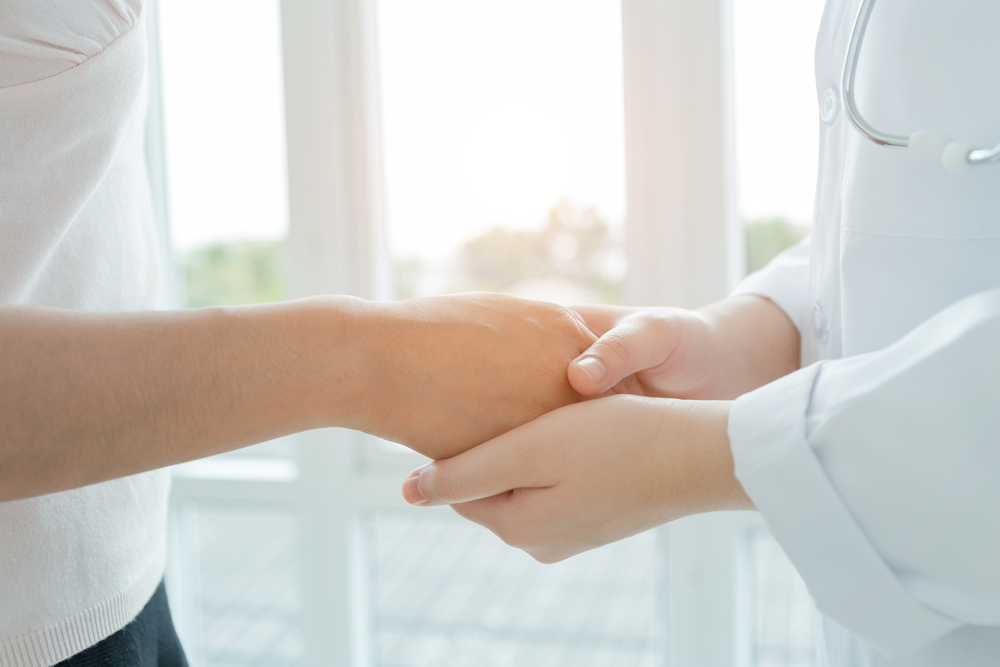6 Therapies Needed for ALS Patients
Written by |

While there is currently no treatment that can either slow down or reverse the damage of amyotrophic lateral sclerosis (ALS), there are ways to make patients as comfortable as possible at each stage of the disease and to improve their quality of life. We’ve compiled a list of the therapies an ALS patient will need as part of their everyday care, based on information from the Mayo Clinic.
1. Breathing care
As the disease progresses, ALS patients will need help with breathing. Initially, this may only be at night with the use of a machine, but later on, doctors may advise the full-time use of a tracheostomy and respirator.
Read 10 tips for newly diagnosed ALS patients.
2. Physiotherapy
Physiotherapy is vital for ALS patients to help maintain muscle strength for as long as possible. Low-impact exercises can help patients keep their independence longer, and stretching will help prevent pain.
Discover seven facts about ALS you might find interesting.
3. Occupational therapy
The occupational therapy needs of an ALS patient will change as their disease progresses and they need to adapt to the changes in their body. Specialist equipment can help with everyday tasks and they may require modifications made to their home to allow wheelchair access.
Soccer coach mom talks about living with ALS.
4. Nutritional support
As the ability to chew and swallow diminishes, ALS patients will need to meet their nutritional needs by ingesting food which is easy to eat and digest. Later on, they may need feeding tubes and special formulas.
Can exercises help with swallowing for ALS patients? Find out more.
5. Speech therapy
Speech therapy will be needed as the facial muscles become weaker. Therapists will be able to teach ALS patients techniques to be better understood and as the disease progresses, they will be able to assist in teaching ALS patients how to use technology to communicate.
Find out how assistive technology is helping ALS patients get the most out of life.
6. Psychological and social support
Both emotional and practical support will be needed for both the patient and the caregiver. Help with everyday matters such as health insurance, finances, and where to find specialized equipment is vital, as is support for dealing with the emotional side of the disease. Online support groups can be of great comfort to patients and caregivers.
Prison chaplain, Steve, shares his ALS story.
ALS News Today is strictly a news and information website about the disease. It does not provide medical advice, diagnosis or treatment. This content is not intended to be a substitute for professional medical advice, diagnosis, or treatment. Always seek the advice of your physician or another qualified health provider with any questions you may have regarding a medical condition. Never disregard professional medical advice or delay in seeking it because of something you have read on this website.











